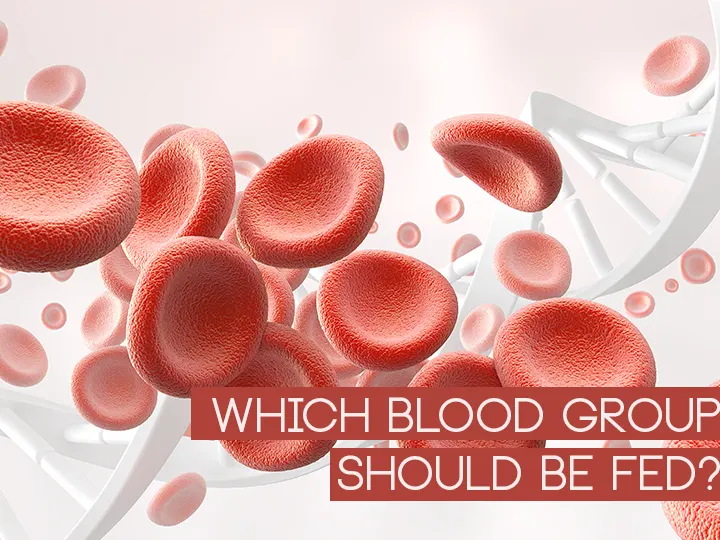
When it comes to maintaining a healthy diet, it's important to take into account your blood type. While certain foods may be beneficial for one blood type, they may not have the same effects on another. In this article, we will explore the specific dietary needs and recommendations for each blood type.
Type O:
Type O is considered the "original" blood type and is believed to have evolved when humans were primarily hunters and gatherers. As such, those with type O blood do well on a high-protein, low-carbohydrate diet. This includes lean meats, fish, and vegetables, while avoiding grains and processed foods. Type O's are also advised to limit their consumption of dairy products.
Type A:
Type A blood is believed to have evolved when humans began to settle down and engage in agriculture. As such, those with type A blood do well on a diet that is primarily plant-based. This includes fruits, vegetables, legumes, and whole grains. Type A's should avoid red meat, dairy products, and processed foods.
Type B:
Type B blood is considered the "nomad" blood type and is believed to have evolved when humans began to migrate and adapt to different environments. As such, those with type B blood have a more varied diet that includes both meat and plant-based foods. This includes fruits, vegetables, lean meats, and whole grains. Type B's should avoid chicken, corn, wheat, and lentils.
Type AB:
Type AB blood is considered the "modern" blood type and is believed to be the most recent blood type to evolve. This blood type can handle a combination of different foods and is able to tolerate a variety of different diets. Type AB's should eat a balanced diet that includes fruits, vegetables, lean meats, and whole grains. They should avoid processed foods and foods high in saturated fats.
It's important to note that while blood type can play a role in determining which foods are best for your body, it's not the only factor to consider. Other factors such as overall health, lifestyle, and personal food preferences also play a role. It's also important to consult with a healthcare professional or registered dietitian to create a personalized eating plan that meets your unique needs and goals.
In conclusion, knowing your blood type and understanding the specific dietary needs associated with it can be helpful in creating a healthy and balanced diet. By taking into account your blood type, you can make better-informed decisions about which foods to include in your diet and which to avoid. It's important to remember that this is just one aspect of a healthy lifestyle and should be viewed as one piece of a larger puzzle.